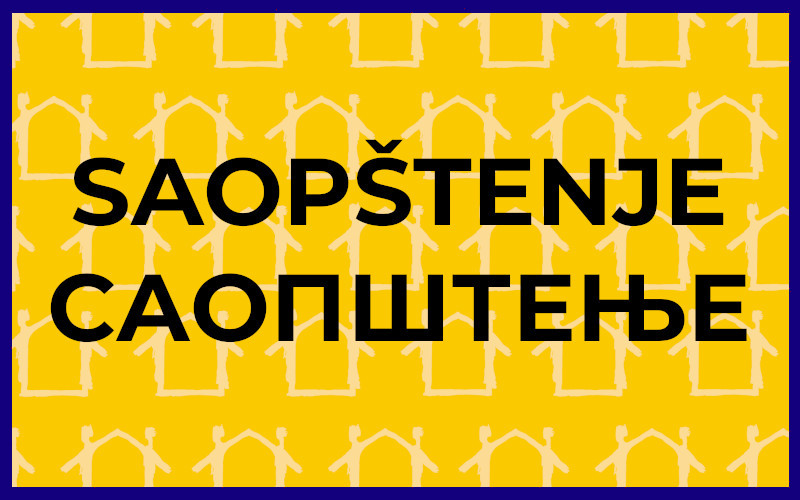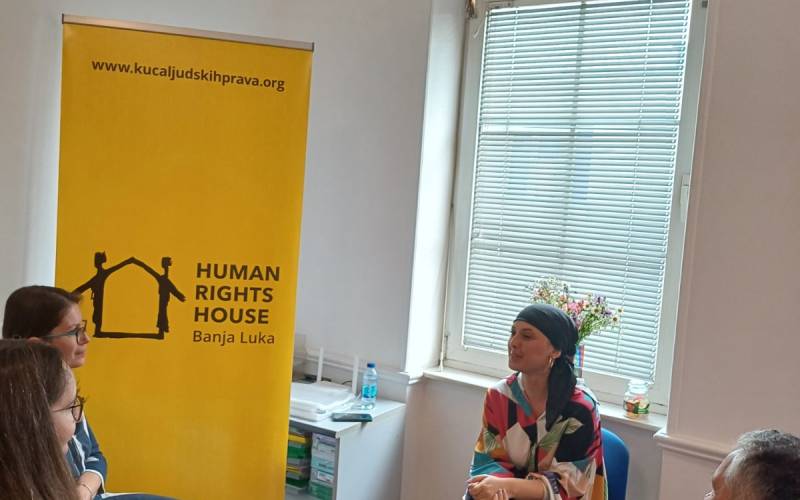By Decision No. U-6/25, the Constitutional Court of Bosnia and Herzegovina determined that the Law on the Special Register and Publicity of the Work of Non-Profit Organizations (“Official Gazette of the Republic of Srpska” No. 19/25) is not in accordance with Article II/3.i) of the Constitution of Bosnia and Herzegovina and Article 11 of the European Convention for the Protection of Human Rights and Fundamental Freedoms. Therefore, it invalidated the contested law ab initio and determined that it ceases to be valid from the date of its publication in the “Official Gazette of the Republic of Srpska” No. 19/25.
In explaining the decision, the Constitutional Court pointed to general principles from the practice of the European Court of Human Rights regarding the important role of associations in a democratic society. It was further pointed to the relevant practice in which the European Court of Human Rights considered the Law on Foreign Agents of Russia, which is almost identical in content to the contested law, and concluded that this law is not in accordance with the freedom of association from Article 11 of the European Convention for the Protection of Human Rights and Fundamental Freedoms. Following this practice, the Constitutional Court concluded that the disputed law, which introduced new categories of “non-profit organizations” and “agents of foreign influence” for which special obligations and restrictions were prescribed, completely excluded the possibility of non-profit organizations influencing representatives of the public authorities and in this way they were prohibited from performing their basic activity. It was also pointed out that the broadly formulated concepts of “non-profit organizations” and prohibited “political action” and “political activities” are not in accordance with the requirement of predictability because they prevent civil society organizations from predicting the limits of their permitted activity. Such a formulation, on the other hand, allows public authorities to qualify any activity of civil society organizations as prohibited and to sanction it. It was further pointed out that labelling associations engaged in “political action” or “political activities”, which financially or otherwise are supported by foreign entities, as “agents of foreign influence” has a strong deterrent and stigmatizing effect and significantly hinders their work, and creates a negative perception of these associations in the public. In this regard, it was pointed out that the right of associations to receive foreign donations arises from the Fundamental Principles on the Status of Non-Governmental Organizations in Europe and Recommendation CM/Rec(2007)14 of the Committee of Ministers of the Council of Europe to member states on the legal status of non-government organizations in Europe, and the United Nations Declaration on the Right and Responsibility of Individuals, Groups and Organs of Society to Promote and Protect Universally Recognized Human Rights and Fundamental Freedoms. However, despite this, the contested law subjects foreign donations to a rigorous reporting regime and regular and extraordinary controls, with the obligation for associations receiving such donations to mark all materials they distribute with the “non-profit organization label” regardless of whether there is any connection between the foreign funding and the alleged “political activity” or “political action”. Furthermore, the contested law does not contain provisions that would guarantee access to effective legal remedies to challenge or seek review of decisions taken on the basis of that law, as both the Venice Commission and the ODIHR pointed out in their joint opinion on the draft of the contested law. Finally, the Constitutional Court pointed out that the contested law prescribed a ban on working and criminal liability of the responsible persons as the exclusive sanction for “political activities” or “political action”.
Bearing in mind the aforementioned reasons, the Constitutional Court concluded that the introduction of a new legal category of “non-profit organizations” and “agents of foreign influence”, as well as a rigorous reporting regime, the possibility of regular and extraordinary controls and the obligation to mark the materials they distribute with the “non-profit organization label”, with the threat of an exclusive sanction in the form of a ban on working and criminal liability of the responsible persons, did not meet an “urgent social need”, i.e. was not necessary in a democratic society.
Photo: Pixabay



